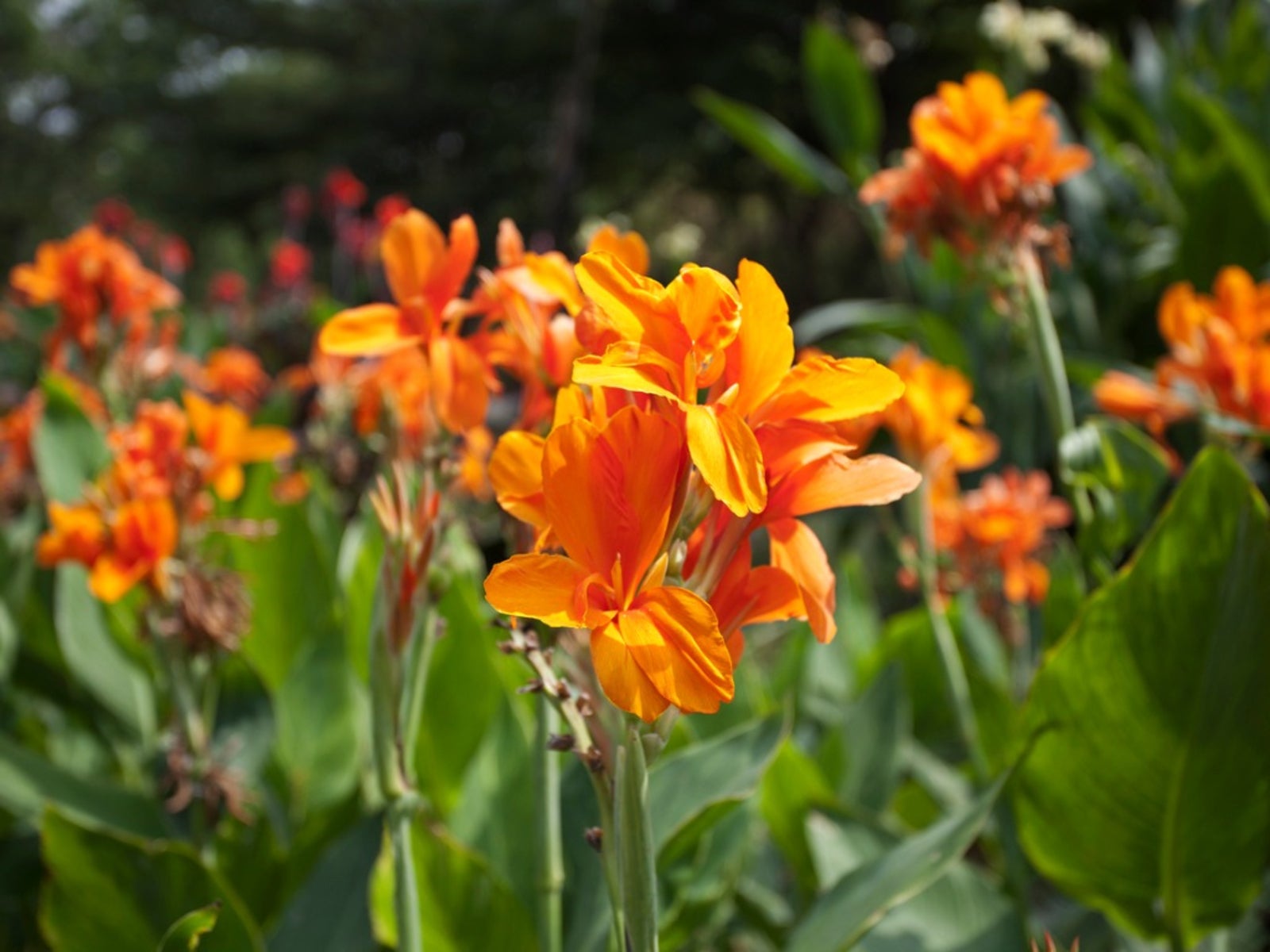Canna Mosaic Virus: Dealing With Mosaic On Canna Plants


Sign up for the Gardening Know How newsletter today and receive a free copy of our e-book "How to Grow Delicious Tomatoes".
You are now subscribed
Your newsletter sign-up was successful
Cannas are beautiful, showy flowering plants that have a well-earned spot in plenty of gardeners’ backyards and homes. Suited to both garden beds and containers and requiring very little maintenance, cannas are bred to have both spectacular flowers and foliage. Since they’re such all-around winners in the garden, it can be especially devastating to discover your cannas are infected with disease. Keep reading to learn more about recognizing mosaic virus in cannas, and how to manage mosaic on canna plants.
What is Canna Mosaic Virus?
There are several mosaic viruses out there. The one that infects cannas and is frequently referred to as Canna Mosaic Virus is also known as Bean Yellow Mosaic Virus. When it infects cannas, this virus causes yellow mottling or chlorosis of the plant’s leaves between the veins. Eventually, this can lead to plant stunting and death.
What Causes Mosaic on Canna Plants?
Mosaic virus in cannas is usually spread by aphids. It can also be spread by the propagation of already infected plant material. If one plant is both infected with mosaic virus and infested with aphids, the chances of the disease spreading to nearby plants is very high.
How to Treat a Canna with Mosaic Virus
Unfortunately, there is no biological or chemical treatment for a canna plant infected with mosaic virus. Carefully examine cannas before buying them to make sure you don’t start with an infected plant. The best thing to do if your plant is infected is to remove the affected parts of it. This may involve destroying the entire plant. If the plant is also infested with aphids, immediately separate all nearby plants and kill any aphids you find on them. If you’re propagating cannas by cuttings, study the leaves carefully for signs of mosaic virus first to ensure you don’t accidentally spread the disease yourself.
Sign up for the Gardening Know How newsletter today and receive a free copy of our e-book "How to Grow Delicious Tomatoes".

The only child of a horticulturist and an English teacher, Liz Baessler was destined to become a gardening editor. She has been with Gardening Know how since 2015, and a Senior Editor since 2020. She holds a BA in English from Brandeis University and an MA in English from the University of Geneva, Switzerland. After years of gardening in containers and community garden plots, she finally has a backyard of her own, which she is systematically filling with vegetables and flowers.